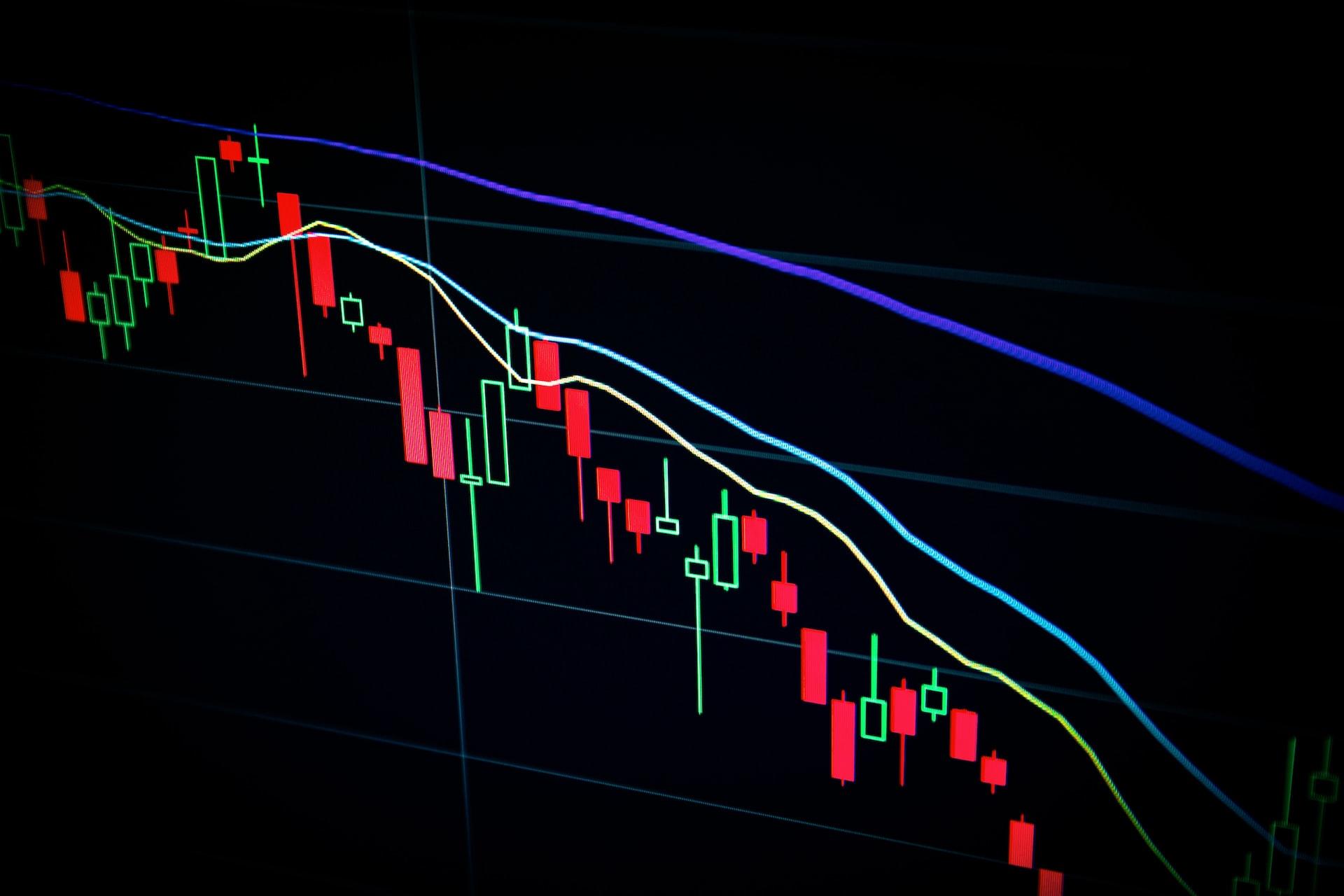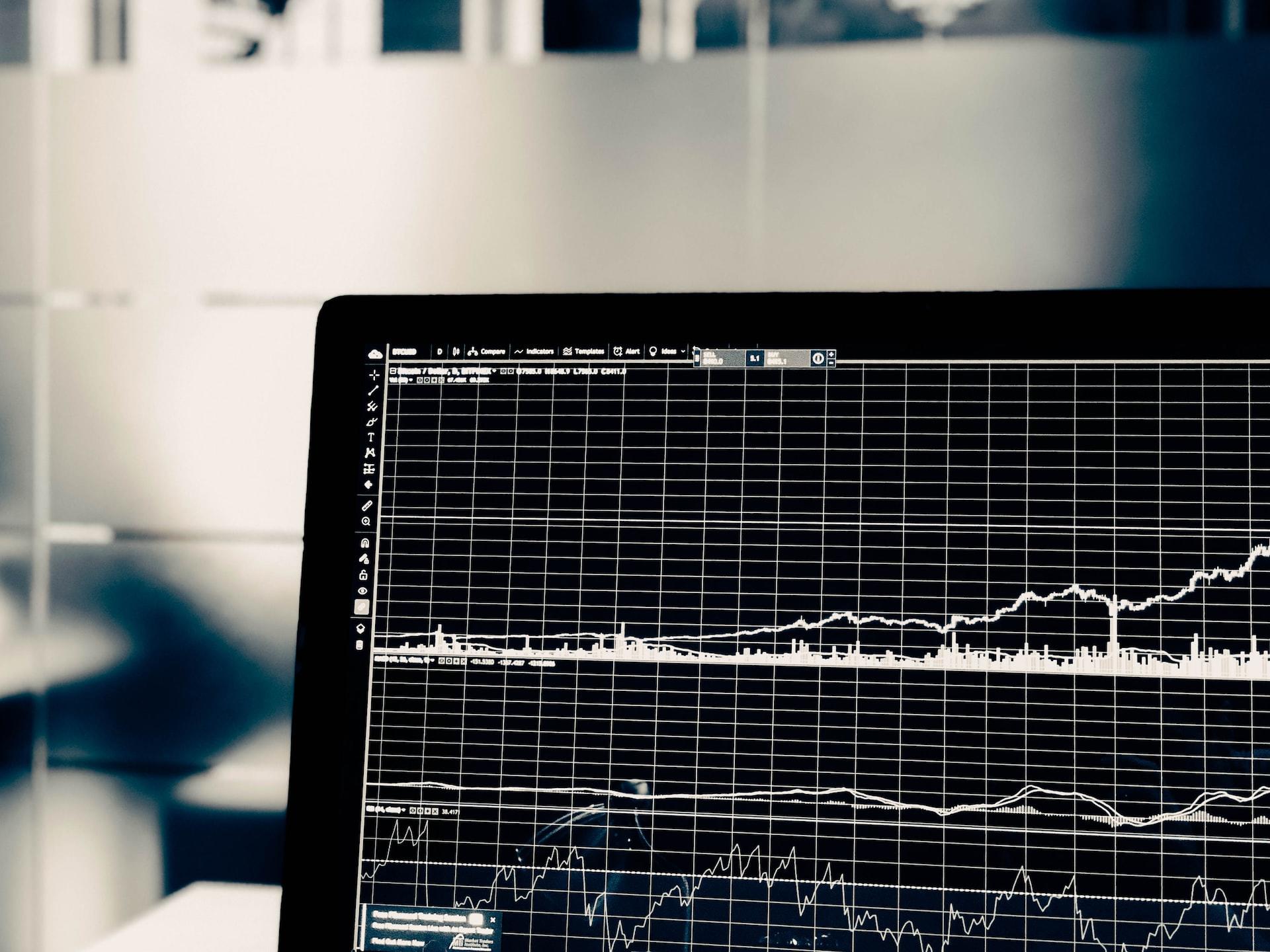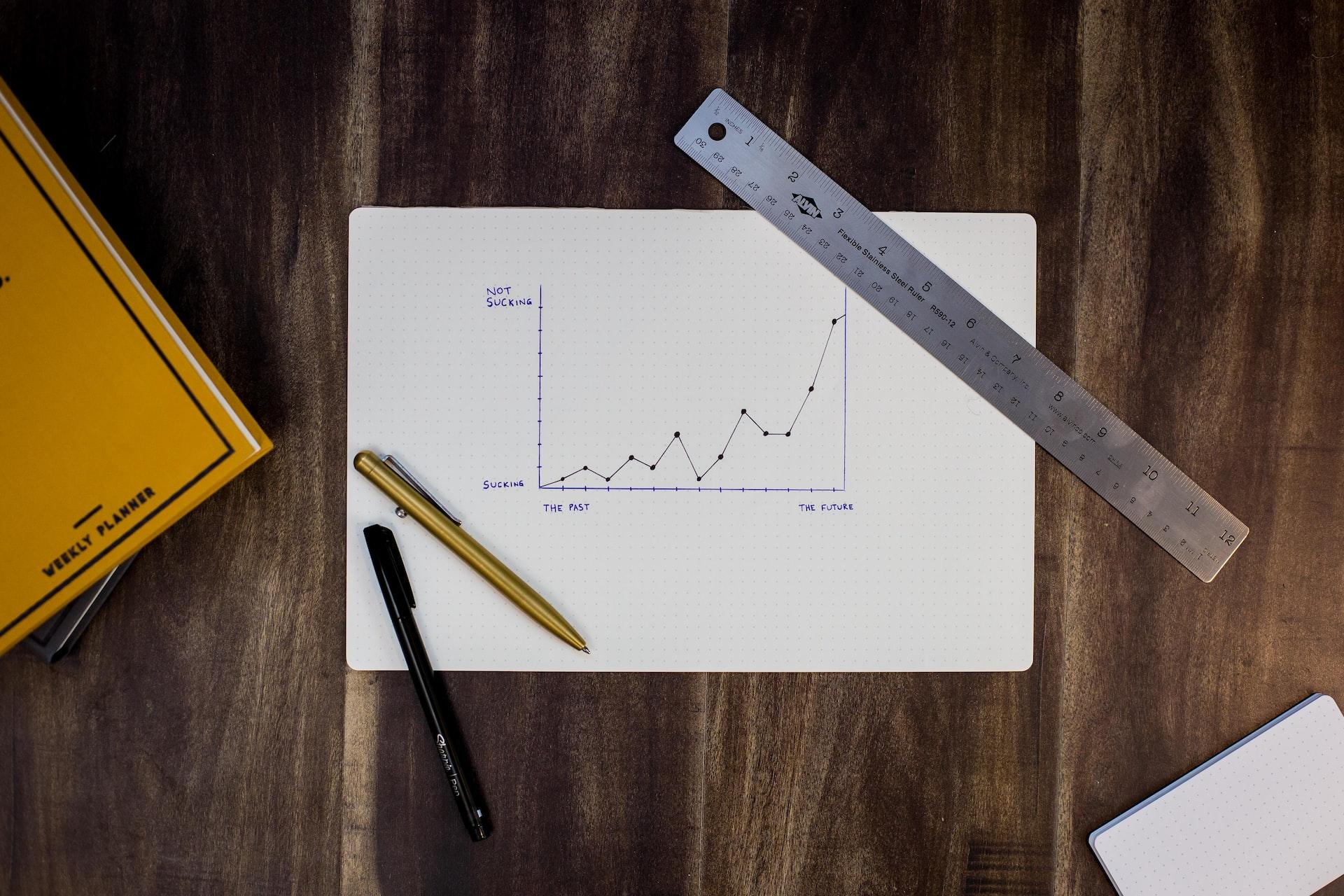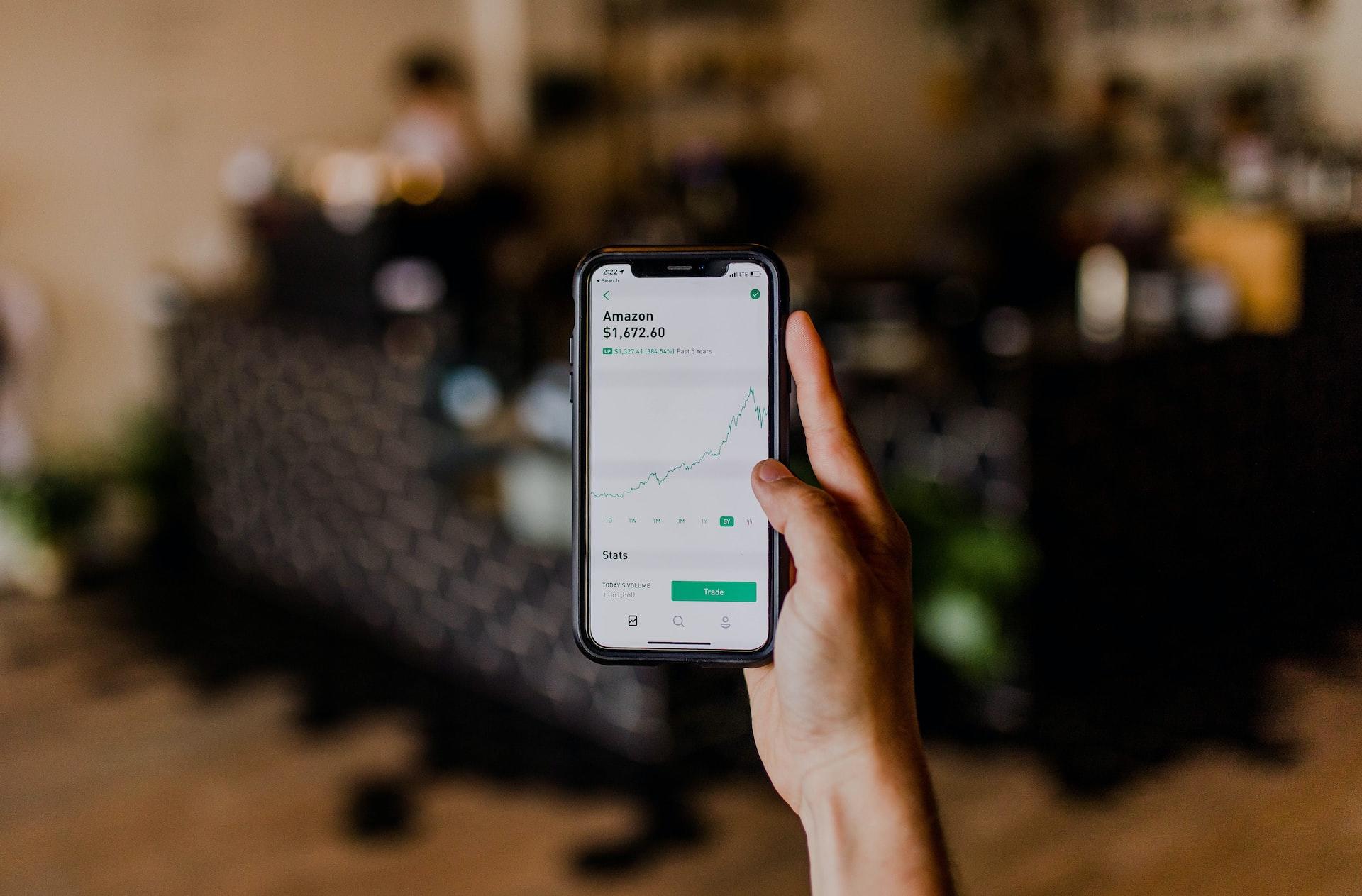Econometrics has as its aim to subject abstract laws of theoretical political economy or "pure" economics to experimental and numerical verification, and thus to turn pure economics, as far as possible, into a science in the strict sense of the word.
Ragnar Frisch, Norwegian economist
Economics and econometrics are closely related, but their key difference is how they study economic systems. Economics focuses on the broader theories behind producing, distributing, and consuming goods and services. Econometrics, however, focuses on data, statistics, and mathematical models to test theories and make predictions. Let's explore them both further to see which you should study.

What Is Economics the Study of?
Economics is a social science that you may think is only concerned with money. However, economics is actually the study of goods and services. It examines how wealth is produced, distributed, and consumed.

As much of what we do involves producing, distributing, or consuming goods and services, the scope of economics is huge. However, how economists view the world varies greatly depending on their field of expertise and focus. Economists can examine individuals and their behaviors or entire financial systems operating at regional, national, or even global levels.
Economists can observe behaviors, phenomena, and interactions to find patterns or trends and create theories and models to explain what they observe better. They can also use these explanations to make predictions and even influence decision-making.
Due to economics's broad scope, its teaching can also be applied to many other fields, but economists are still more likely to work in economics or in a closely related field such as business or finance.
As the field is so broad, there are also many opportunities for specialization, and economists could specialize in microeconomics, macroeconomics, production, specialization (a concept from economics), supply and demand, growth, welfare, fiscal policy, etc.
However, the specialization that interests us most today is econometrics. So, what exactly is it?
What Is Econometrics the Study of?
To greatly oversimplify, econometrics is the crossroads between economics and statistics. While economics covers many different ways to study wealth, econometrics focuses almost purely on quantitative studies, often using large amounts of real-world data and applying statistical methods.

By observing real-world data and applying mathematical and statistical analysis, econometricians look to establish relationships between observed phenomena and build theories around them.
You could explain the goal of econometrics as looking at lots of data and coming up with simple explanations, which can be very useful to economists.
It should also be noted that this is part of the criticism leveled at econometrics. By looking solely at data, econometrics can ignore other qualitative factors that may be necessary to explain observed phenomena.
Of course, the quality of the data used plays a significant role here, and like with any scientific approach, the approach will vary by circumstance. There are situations and phenomena where econometric approaches can be incredibly valuable and situations where a different specialization may be required.
Though econometrics is a branch of economics, it could also be divided into theoretical econometrics and applied econometrics.
Theoretical econometrics focuses more on taking historical data, making observations, and proposing theories to explain what has been observed. Applied econometrics uses econometric theories to make predictions and forecasts, evaluate risk, and help with decision-making.
An econometrician would never fully focus on theoretical or applied econometrics, but they'd likely prioritize one over the other depending on their career, areas of interest, or background in economics or econometrics.
Still feeling lost? Here's a video on what econometrics is.

What Are the Differences Between Econometrics and Economics?
As a branch of economics, you could say that econometrics exists fully within economics. However, it might be more helpful to consider econometrics as sitting inside economics while reaching out the window into the fields of mathematics and statistics.

This doesn't mean that economists won't ever use mathematical approaches. It's very common for economists to study economic data, but it's not the only way they would necessarily look at things, and they are less likely to apply only statistical or mathematical approaches to data.
On the other hand, an econometrician has one foot firmly in mathematics and statistics. While every econometrician will have some background in economics, you could also safely say that they'd feel more comfortable working with math or statistics.
You should also remember that, as in most fields of study, the borders between one discipline and another are often blurred, so you'll find economists who've studied econometrics and econometricians with differing expertise in other aspects of economics.
Technically, we should clarify that an econometrician could be classified as a type of economist, but an economist isn't necessarily an econometrician.
Field of Study
- Economics explores broad questions about how people, businesses, and governments allocate resources. It’s rooted in theory, behavioral insights, and conceptual models.
- Econometrics focuses on applying statistical tools to economic data to test hypotheses, forecast trends, and measure relationships between variables.
Education
- Economics degrees often include courses in theory, micro/macro models, and some math or statistics.
- Econometrics programs are more technical, requiring a stronger foundation in calculus, linear algebra, and statistical modeling alongside core economic theory.
Career Paths
- Economics grads can work in policy, consulting, finance, research, and roles that rely on strategic thinking and theoretical knowledge.
- Econometrics grads often pursue data-centric roles: analyst, quantitative researcher, risk manager, or work in government, finance, or tech, where statistical modeling is essential.
Economics: Focuses on theory, human behavior, and macro/microeconomic systems.
Econometrics: Focuses on data, math, and statistical modeling.
Shared Goal: Both aim to better understand and predict economic activity.
Which Should You Study?
When choosing whether to study economics or econometrics, you should think carefully about the kind of student you are, the kinds of topics you like, and what you find easy.

This doesn't mean you should choose the path of least resistance and pick whichever field you find the easiest, but if you've never really enjoyed math, then econometrics might be one step too far. However, you will still encounter quite a bit of math by studying economics.
Both economics and econometrics will include some mathematical components if you choose to study them, and both offer excellent career prospects with many career choices overlapping.
Economic's broad reach also means you can enjoy working in anything from big businesses to NGOs, charities, governments, or academia.
If you're considering either field, you've already made a pretty good choice because economics isn't going anywhere and is in every aspect of our lives. Studying economics will also help you develop many transferable skills because it can be applied to so many different fields.
Think of economics as the "why" and econometrics as the "how."
Can You Study Both?
Can't make up your mind? That's not a problem, as whether you choose to study economics or econometrics, you'll likely end up learning a bit of both.
You could choose to study economics and try to avoid econometrics as much as possible, but your program will likely have a class or two that touches on econometrics, math, or statistics. If you study econometrics, you will take economics classes alongside math and statistics classes.
As the boundaries are pretty blurred, most students will cover both areas and dip their toes into lots of other branches of economics. How much of each branch you choose will depend on your school, the program you're following, what you want to major in, etc.
Even if you have little interest in econometrics, you should probably take a class or two in it. It's a fairly important part of economics, and with the amount of data being created every day, it's only going to become more important in the future.
With many programs, you'll also be given some time to choose whether or not you major in econometrics, so there's no harm in taking classes in it first before deciding how much you want to commit to a career in it. Even if you study some econometric classes but don't choose economics as your major, the knowledge you gain from those classes will still be helpful if you decide to pursue economics or another specialization.
Which Is Harder to Study?
When choosing what to study, the difficulty is one of the big questions. Even if you enjoy a challenge, you want to be able to complete your program and also graduate. You'll also likely want to get good grades, and you may have to consider whether the difficulty is worth it for your future career prospects.
Keep in mind that difficulty is relative, and every student is different. Different people find different things easy and a class that feels like a breeze for you could be challenging for somebody else and vice-versa.
Whether you major in economics or econometrics, both should be of a comparable level because the qualification, your degree, is of an undergraduate level. The programs should also be at your level of education (unless you've already completed a degree program) and be somewhat challenging. After all, if you already knew everything, you wouldn't need to do the degree.
For students who've always done well in math class, econometrics will still be challenging, but not as challenging as it would be for students already struggling with high school math.
You should also know that while both should provide a rewarding challenge, help is out there, too. There are plenty of online resources to help you and private tutors at Superprof specialize in economics, econometrics, math, statistics, and any other field you can think of.
There are also tutors specializing in study skills and other soft skills who can help you get the most out of your classes. Sometimes, it's not necessarily the content of the course that's causing problems, but rather how you choose to approach it.
Summarize with AI:















